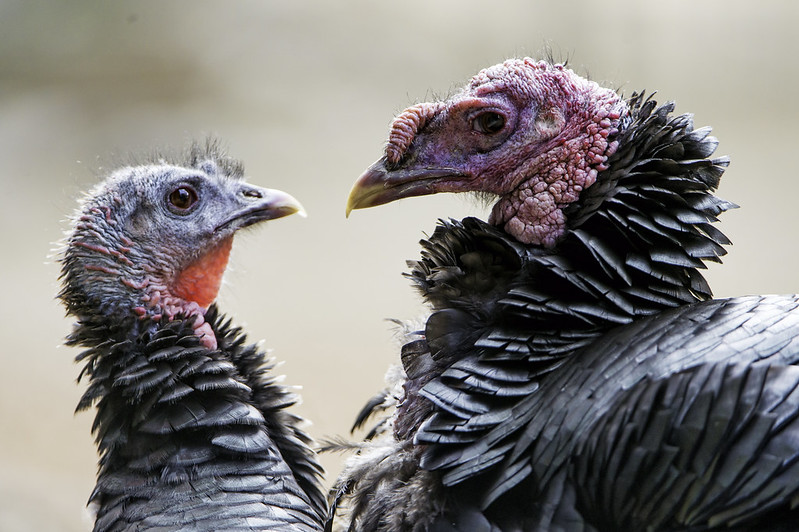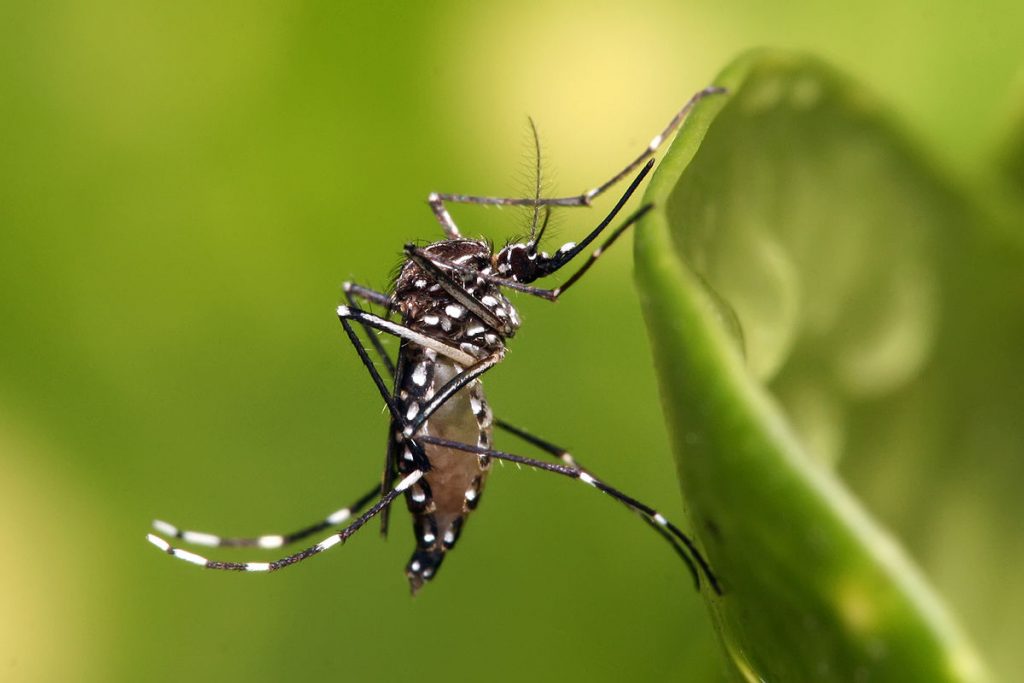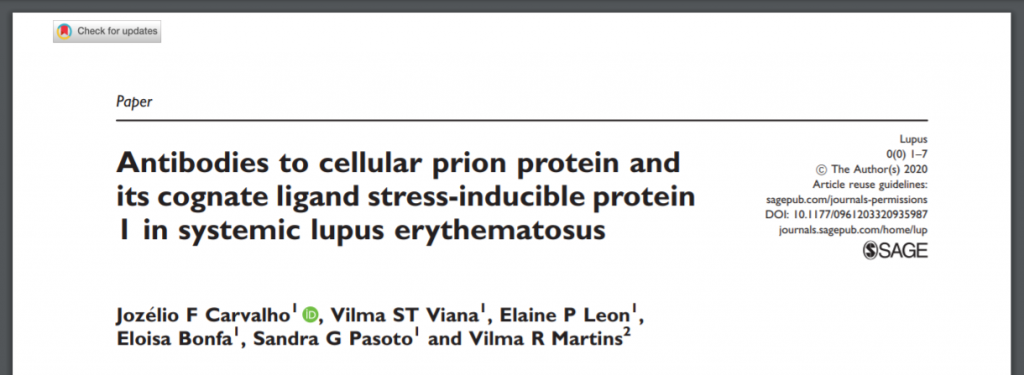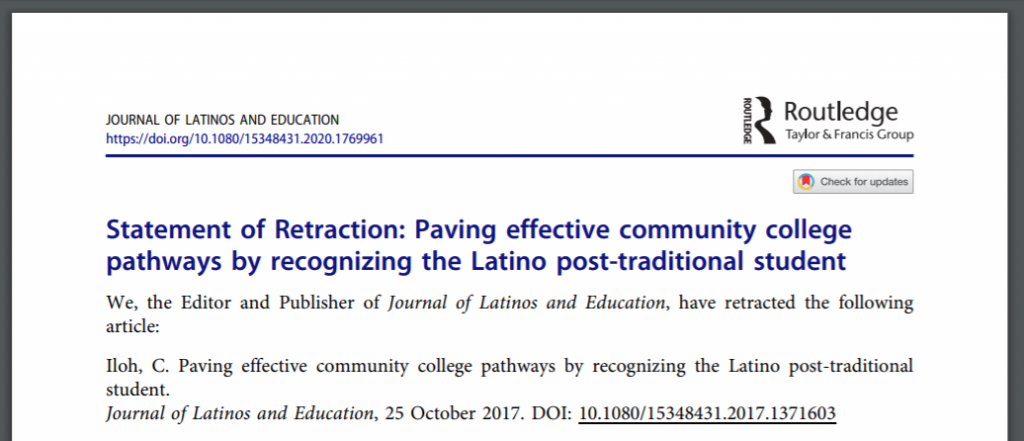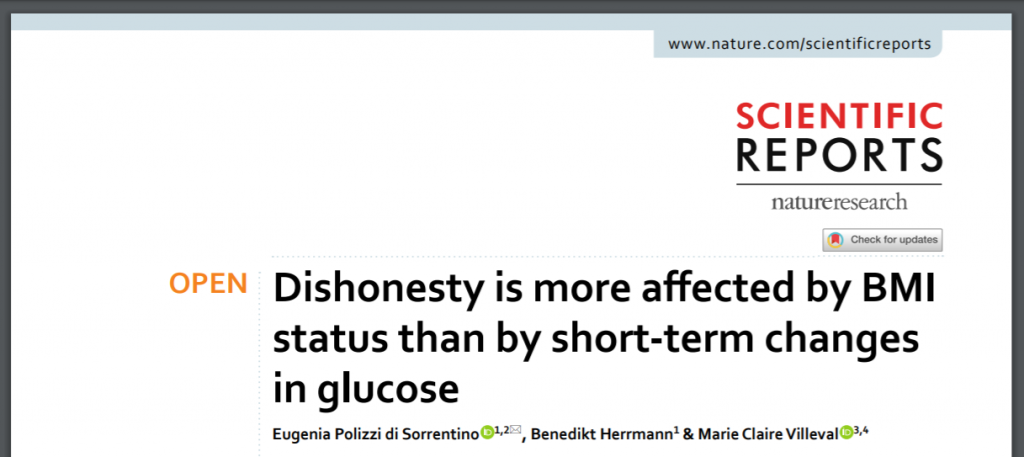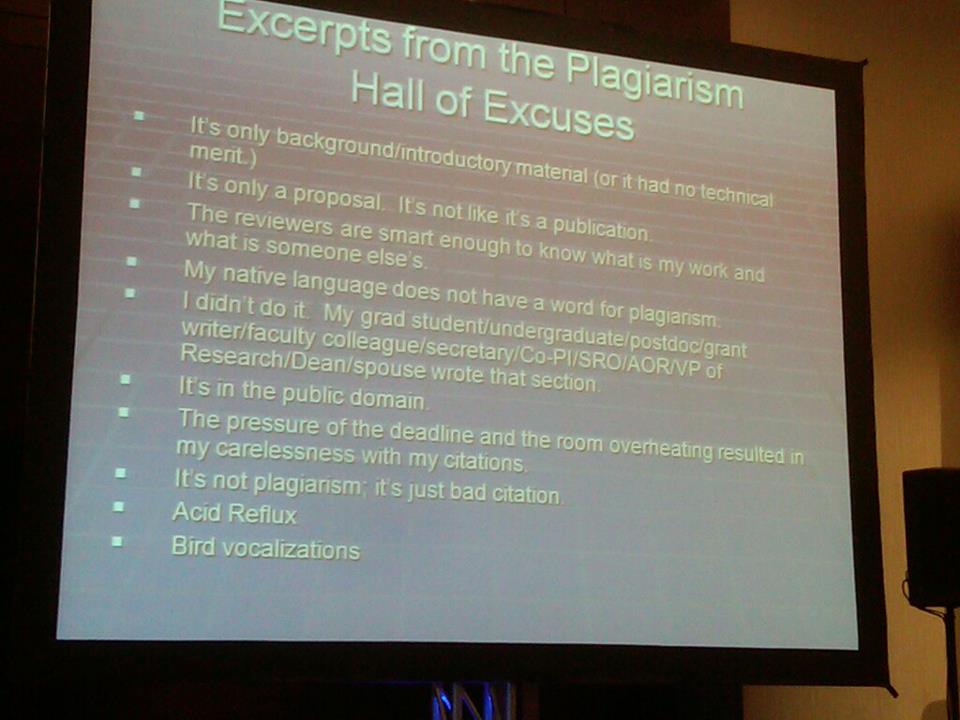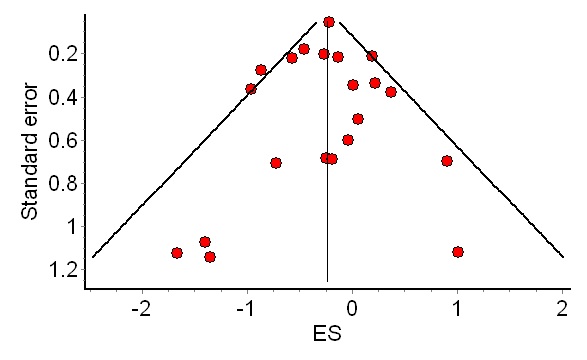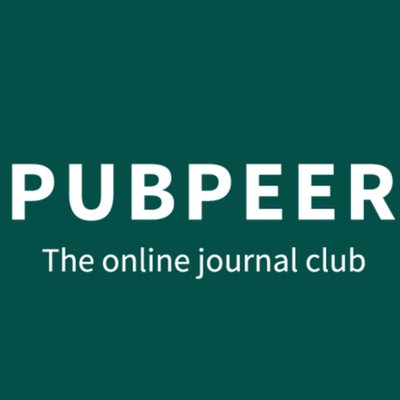
Science has issued an expression of concern for a paper it published earlier this summer after readers pointed out suspect images in the work.
The July 10 article, titled “Proton transport enabled by a field-induced metallic state in a semiconductor hetero-structure,” came from a group in China and the United Kingdom. The corresponding authors were Bin Zhu and Huaibing Song, of China University of Geosciences in Wuhan. Zhu also is affiliated with the Southeast University School of Energy and Environment in Nanjing.
Shortly after publication, data-sleuth Elisabeth Bik posted on PubPeer that she’d been alerted by a reader to potential problems with two of the figures in the paper:
Continue reading PubPeer comments prompt Science expression of concern